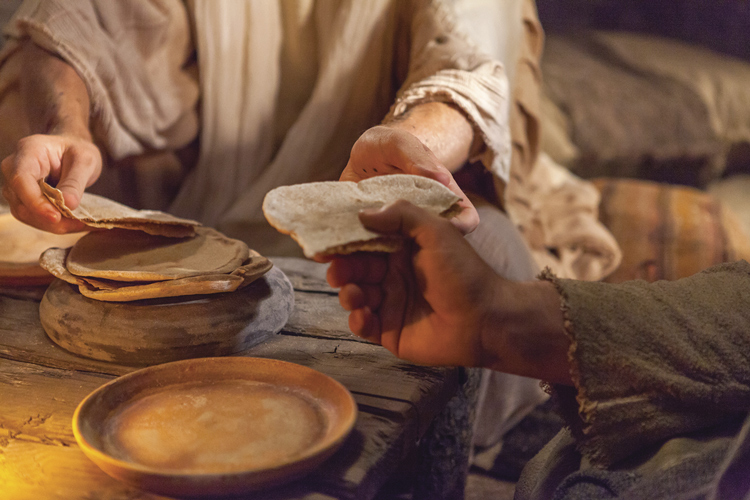Salmos 37:25
“Fui moço, e agora sou velho; mas nunca vi desamparado o justo, nem a sua semente a mendigar o pão.”
No texto que acabamos de ler o Rei Davi fala que nunca viu o justo mendigar o pão. Isso ocorre porque aquele que é de Deus verdadeiramente, é também, cuidado por Deus e, o normal é que sua descendência também seja criada no amor e no temor ao Senhor, portanto, a semente segue sendo justa.
Sabemos pela bíblia, que os discípulos de Cristo passaram por dificuldades, perseguição e sofrimentos e, morreram de formas terríveis. Paulo por exemplo, afirma ter passado por dificuldades. Ele diz em Filipenses 4:12 “Sei estar abatido, e sei também ter abundância; em toda a maneira, e em todas as coisas estou instruído, tanto a ter fartura, como a ter fome; tanto a ter abundância, como a padecer necessidade.”.
Paulo passou por todas estas dificuldades mas não se colocou na posição de mendigar o pão. Estar em Cristo não significa que levaremos uma vida pacífica com fartura todo o tempo. Ser cristão tem seus altos e baixos, mas sabemos que em tudo Deus está no controle. Paulo foi socorrido por Deus, não passou fome o tempo todo e nem foi perseguido o tempo todo, mas a adversidade na vida dele cumpriu seu propósito. Por intermédio de Paulo e dos discípulos de Jesus o evangelho chegou até nós. O propósito se cumpriu.
